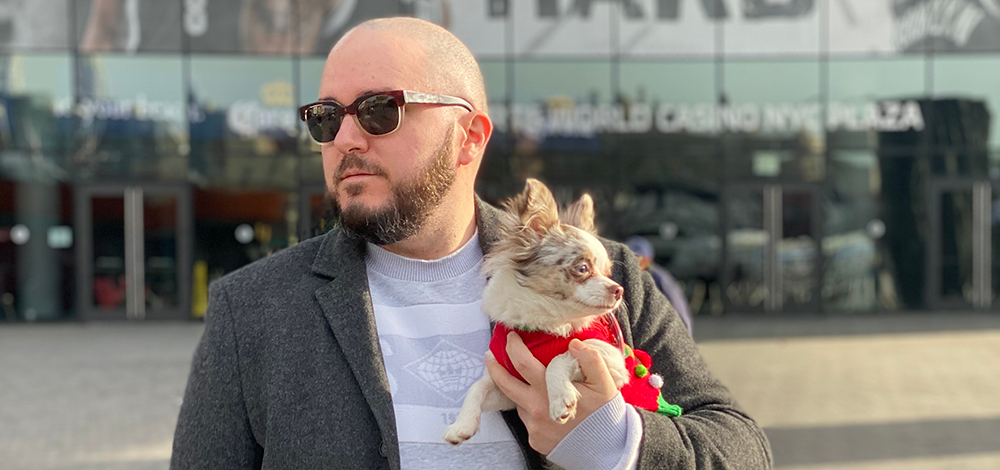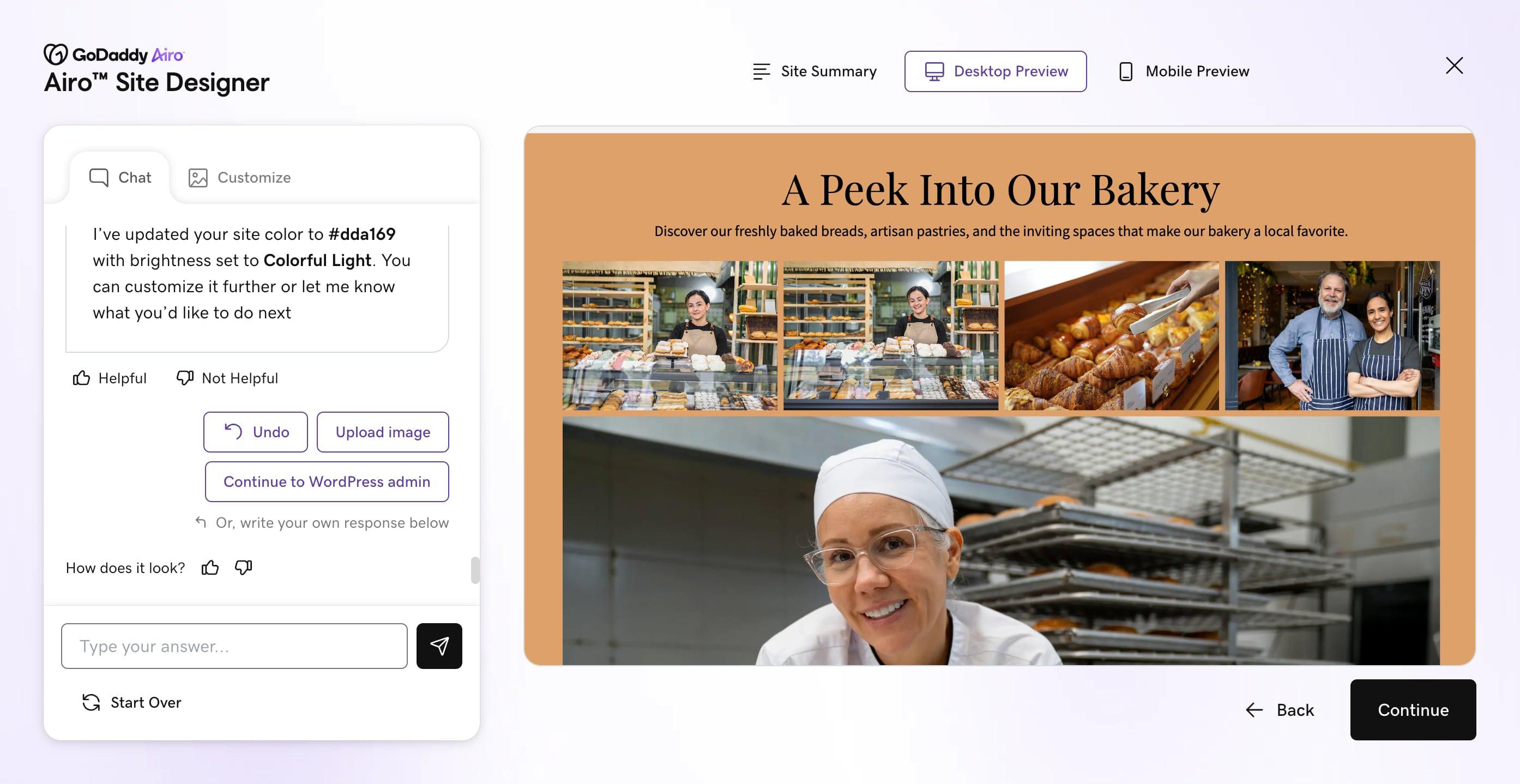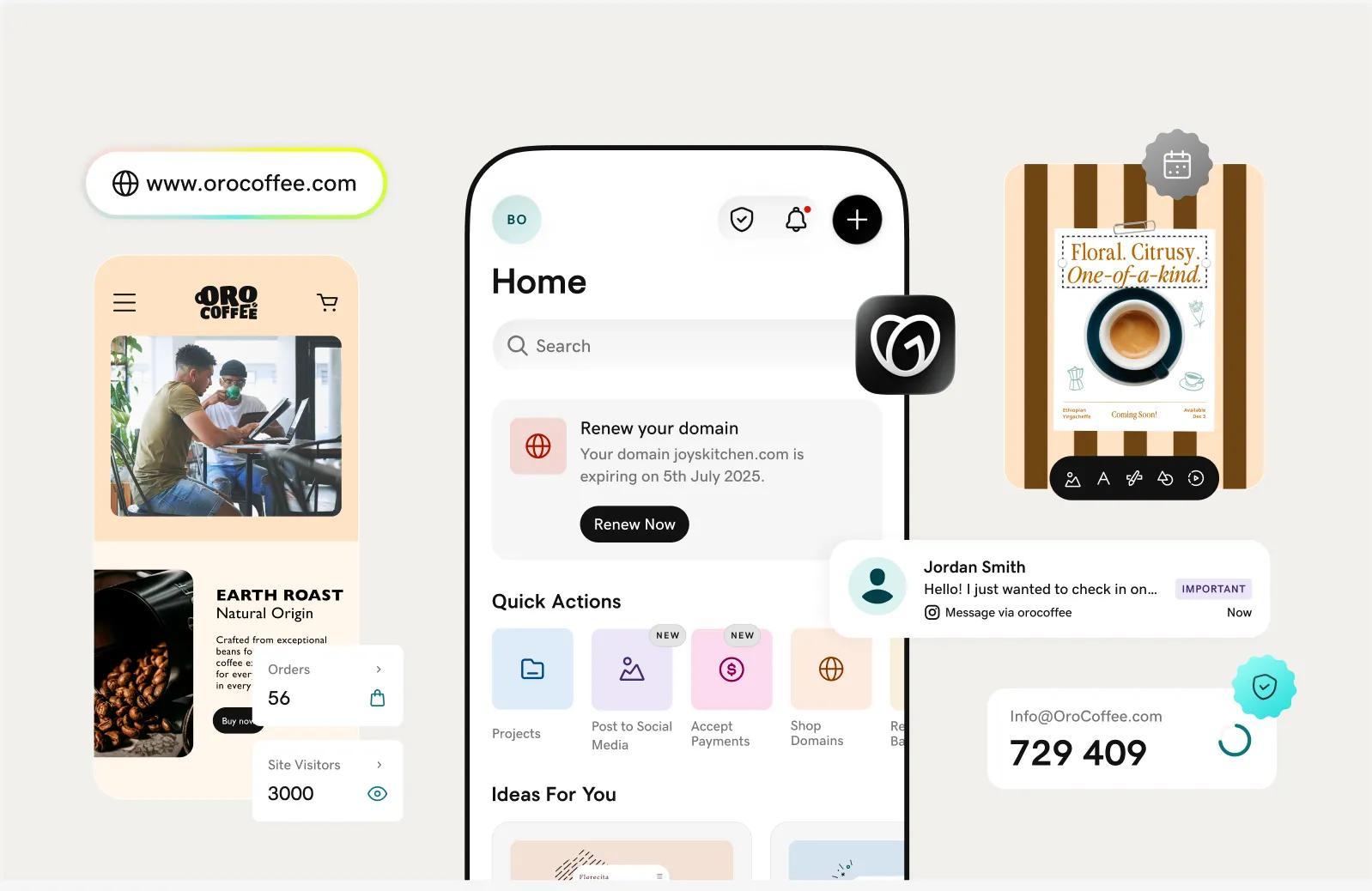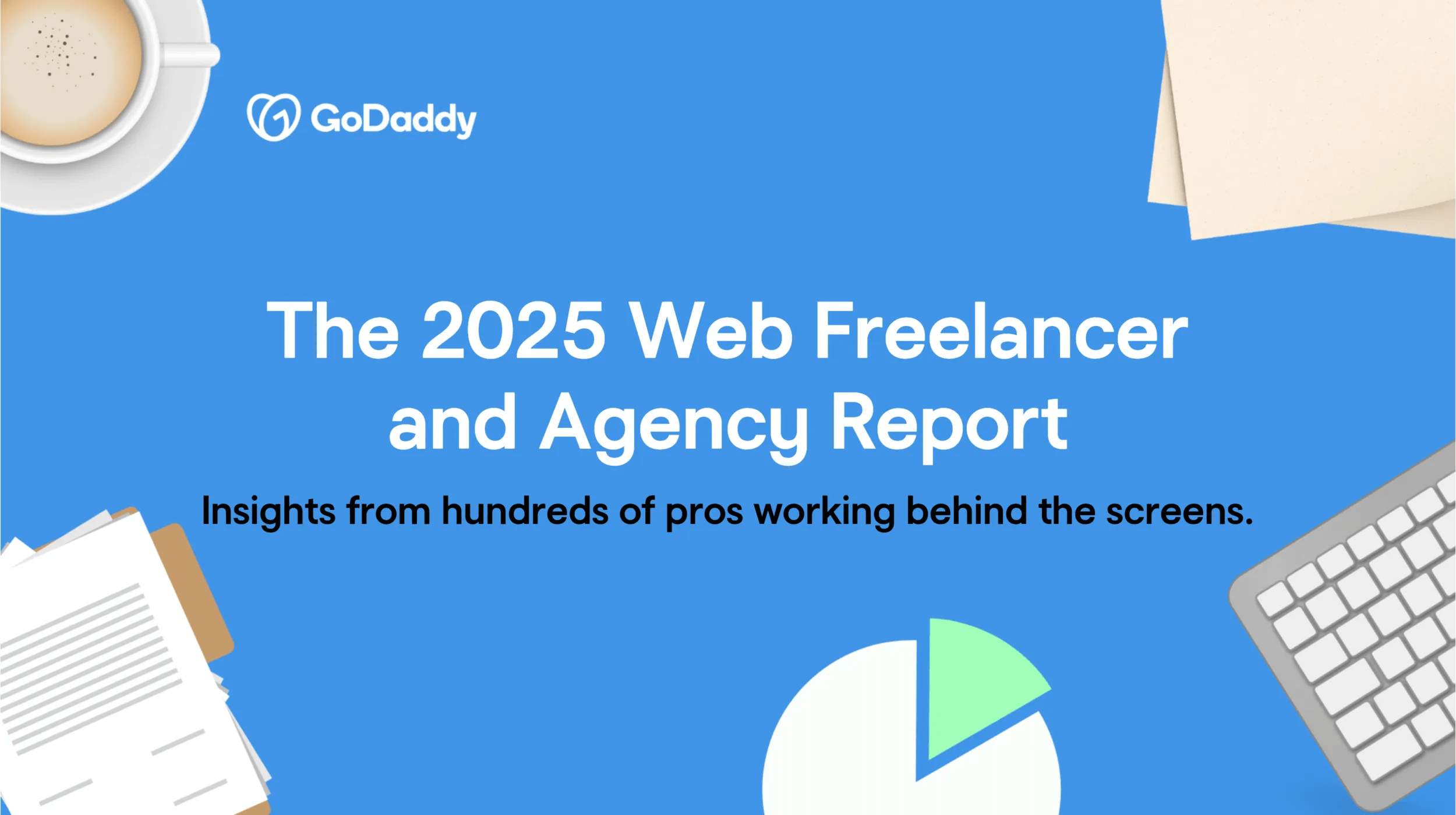Tell us about yourself. Who are you? Where are you based?
My name is Victor Ramirez. Based in New York City. Specifically Brooklyn. Been doing WordPress and tech stuff since I was twelve. Sent an email newsletter to a birthday party 24 years ago. They were so impressed they printed it out and put it on the fridge. For the last 6-8 years I’ve been doing it professionally.
What’s the elevator pitch for your business? Describe what you do.
We are one of the few small WordPress agencies that build actual WordPress CMS systems, not WordPress websites.
Most people, when they build a site, they build a site that looks great on the front-end. But if you want to change anything, you have to click 30 different buttons, or call your developer. We build the site so that teams can go in and do their job. We make WordPress work for our clients by building all of their needs into the back-end system.
On the back-end, we’re building custom user experiences. When we design fields or blocks, for example, we want it to be so easy that the client doesn’t need any hands-on training. Other developers may build a great looking system on the front-end, but the back-end is completely unusable.
What inspired you to start your business? How did you get started?
I’ve always been interested in the world wide web. The big thing that changed was that I’d always built websites for myself; for art projects, my band, my theater projects. But I didn’t know how to get into the professional side of the work.
The night club I worked at bought a WordPress site from a freelancer. They missed so many things. URL redirects. Login pages. They removed the “forgot password” link because they thought it was a security flaw.
I wanted to fix the site. So I joined the WordPress New York meetup, and it went from there. Then I realized I could get paid to do this.
The first clients I got were through classes I taught at WeWork. That got me some large startups and a couple small clients. I learned from there.
I was never chasing leads. I invited them to meetups, to classes. It was an untapped space. Everyone else was writing articles and doing videos.
Leading meetups taught me how to deal with different people and different attitudes. The paid work showed me what I like and don’t like.
Who’s your ideal client?
My ideal clients are those who are comfortable with asynchronous, remote communication. Having clients who need to jump on a phone call to discuss every little detail means you can’t take a vacation.
Now all the clients I work with need to be comfortable with a 30 minute status call every week, and bi-weekly one hour demos. We’ve been delivering two weeks’ worth of full-time work in those demos, showing intense value in each call.
Clients who set a goal and stick to it are the best. Websites aren’t something you turn on and off. They’re not just a project. They’re a process. Black Friday starts Cyber Monday.
What kind of projects do you like working on?
I used to really love advanced API integrations. We would take an overwhelming platform and simplify that in a custom dashboard so the client can do exactly what they need to do.
The work I really love now is doing that same thing with design systems in the new Gutenberg experience. We can break page templates down into individual components, and build a custom component library for our clients. They have just enough freedom to build what they need for specific initiatives.
Most WordPress websites have too many touch points on a single page. We want to reduce that so clients know exactly what they need to do. We try to keep things as simple as possible so they don’t need to call us.
By keeping things as close to WordPress core as possible, it makes it easier for the client. If they run into trouble, they can usually find a fix by Googling their problem. They don’t need to call us every time.
What kind of projects do you not like working on?
I don’t like working on anything that is too abstracted from WordPress core. Not only will I have to re-learn everything, but my team will have to re-learn everything. If we inherit a project like that, we’ll try to refactor it to get it closer to core.
Custom frameworks are great for very small teams. It doesn’t scale. It’s very hard for other developers to pick those projects up and know what to do.
What are the most common problems you help your clients with?
Helping clients with all of the things happening in the space. Compliance with GDPR, CCPA, responding to Covid, track-and-trace for physical spaces, moving events online.
Being part of the WordPress community, we’re more keyed in to what’s going on in technology. We can use what the community is working on to help our clients. For example, WordPress has done a lot of work around privacy. Other platforms are catching up.
Walk us through your project process from start to finish.
Like most agencies, I have clients come in too low or too high. If a client comes to me with a large budget, I ask what we can do with smaller budgets.
We set a baseline and work from there. It’s not a fixed process. It’s iterative. We do two-week phases, constantly revisiting the roadmap to ensure it meets the client’s business requirements.
The baseline is the most important thing. We need to set that foundation first. Otherwise we don’t know how long it will take to build what the client needs. The closer we track to the core WordPress experience, the faster we can be.
What advice do you have for folks who are trying to take their business online?
Stick with something the minute you have it going. If you use a website builder, stick with it until you exhaust all your options. If you use WordPress, stick with it until you run out of options.
What advice do you have for folks who are thinking about starting their own business?
Learn a little bit about business before you start your business. People will start a WordPress agency before they understand profit and loss, taxes, customer LTV, the cost of hiring staff.
Knowing how to build a website isn’t the same as knowing how to build a business.
Charge the price of where you want to be. Switching from $50/hr is enough to eat, but switching from $100/hr so you can focus on other parts of the business is hard. If you’re not sure what to charge based on the salary of the people you want to hire, not the market rate. There are a lot of people who aren’t considering the real costs.
Anything else you’d like to share or promote?
My website SellingWP101.com. It’s a step-by-step process about selling and scaling WordPress client services.
We create step by step processes & guides to selling (and scaling) WordPress client services.
Meet the 27-hour day
We built The Hub by GoDaddy Pro to save you time. Lots of time. Our members report saving an average three hours each month for every client website they maintain. Are you adding that kind of time to your day?








